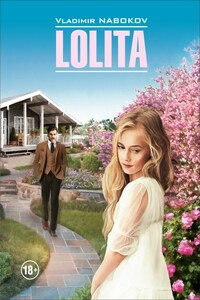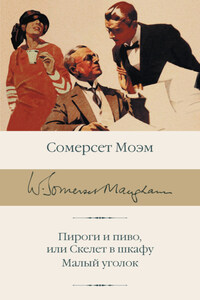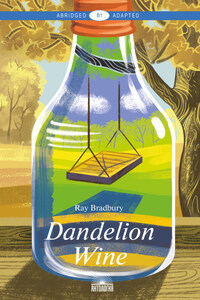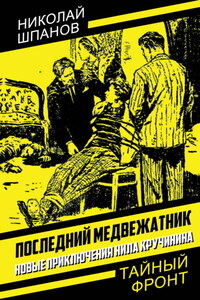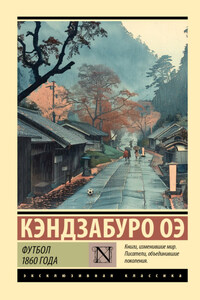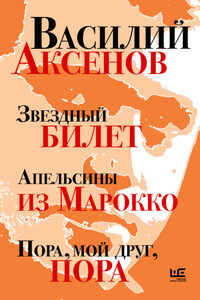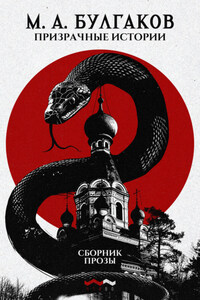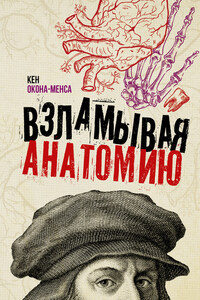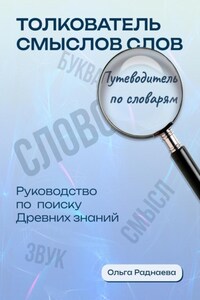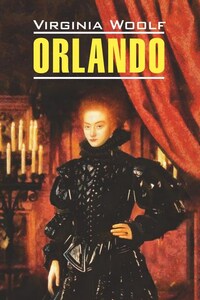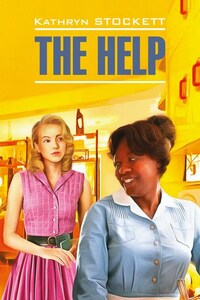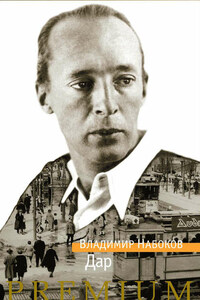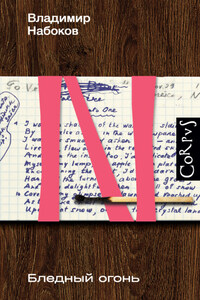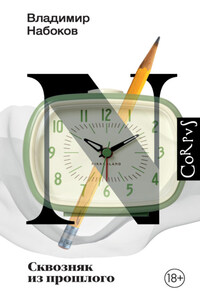Lolita, light of my life, fire of my loins. My sin, my soul. Lo-lee-ta: the tip of the tongue taking a trip of three steps down the palate to tap, at three, on the teeth. Lo. Lee. Ta.
She was Lo, plain Lo, in the morning, standing four feet ten in one sock. She was Lola in slacks. She was Dolly at school. She was Dolores on the dotted line[1]. But in my arms she was always Lolita.
Did she have a precursor? She did, indeed she did. In point of fact, there might have been no Lolita at all had I not loved, one summer, a certain initial girl-child. In a princedom by the sea. Oh when? About as many years before Lolita was born as my age was that summer. You can always count on a murderer for a fancy prose style.
Ladies and gentlemen of the jury, exhibit number one is what the seraphs, the misinformed, simple, noble-winged seraphs, envied. Look at this tangle of thorns.
I was born in 1910, in Paris. My father was a gentle, easy-going person, a salad of racial genes: a Swiss citizen, of mixed French and Austrian descent, with a dash of the Danube in his veins. I am going to pass around in a minute some lovely, glossy-blue picture-postcards. He owned a luxurious hotel on the Riviera. His father and two grandfathers had sold wine, jewels and silk, respectively. At thirty he married an English girl, daughter of Jerome Dunn, the alpinist, and grand-daughter of two Dorset parsons, experts in obscure subjects – palacopedology and Aeolian harps[2], respectively. My very photogenic mother died in a freak accident (picnic, lightning) when I was three, and, save for[3] a pocket of warmth in the darkest past, nothing of her subsists within the hollows and dells of memory, over which, if you can still stand my style (I am writing under observation), the sun of my infancy had set: surely, you all know those redolent remnants of day suspended, with the midges, about some hedge in bloom or suddenly entered and traversed by the rambler, at the bottom of a hill, in the summer dusk; a furry warmth, golden midges.
My mother’s elder sister, Sybil, whom a cousin of my father’s had married and then neglected, served in my immediate family as a kind of unpaid governess and housekeeper. Somebody told me later that she had been in love with my father, and that he had lightheartedly taken advantage of it one rainy day and forgotten it by the time the weather cleared. I was extremely fond of her, despite the rigidity – the fatal rigidity – of some of her rules. Perhaps she wanted to make of me, in the fullness of time, a better widower than my father. Aunt Sybil had pink-rimmed azure eyes and a waxen complexion. She wrote poetry. She was poetically superstitious. She said she knew she would die soon after my sixteenth birthday, and did. Her husband, a great traveller in perfumes, spent most of his time in America, where eventually he founded a firm and acquired a bit of real estate.
I grew, a happy, healthy child in a bright world of illustrated books, clean sand, orange trees, friendly dogs, sea vistas and smiling faces. Around me the splendid Hotel Mirana revolved as a kind of private universe, a whitewashed cosmos within the blue greater one that blazed outside. From the aproned pot-scrubber to the flannelled potentate, everybody liked me, everybody petted me. Elderly American ladies leaning on their canes listed toward me like towers of Pisa. Ruined Russian princesses who could not pay my father bought me expensive bonbons. He, mon cher petit papa[4], took me out boating and biking, taught me to swim and dive and water-ski, read to me Don Quixote and Les Miserables[5], and I adored and respected him and felt glad for him whenever I over-heard the servants discuss his various lady-friends, beautiful and kind beings who made much of me and cooed and shed precious tears over my cheerful motherlessness.
I attended an English day school a few miles from home, and there I played rackets and fives[6], and got excellent marks, and was on perfect terms with schoolmates and teachers alike. The only definite sexual events that I can remember as having occurred before my thirteenth birthday (that is, before I first saw my little Annabel) were: a solemn, decorous and purely theoretical talk about pubertal surprises in the rose garden of the school with an American kid, the son of a then celebrated motion-picture actress whom he seldom saw in the three-dimensional world; and some interesting reactions on the part of my organism to certain photographs, pearl and umbra, with infinitely soft partings, in Pichon’s sumptuous La Beauté Humaine[7] that I had filched from under a mountain of marble-bound Graphics[8] in the hotel library. Later, in his delightful debonair manner, my father gave me all the information he thought I needed about sex; this was just before sending me, in the autumn of 1923, to a lycée[9] in Lyon (where we were to spend three winters); but alas, in the summer of that year, he was touring Italy with Mme[10] de R. and her daughter, and I had nobody to complain to, nobody to consult.
